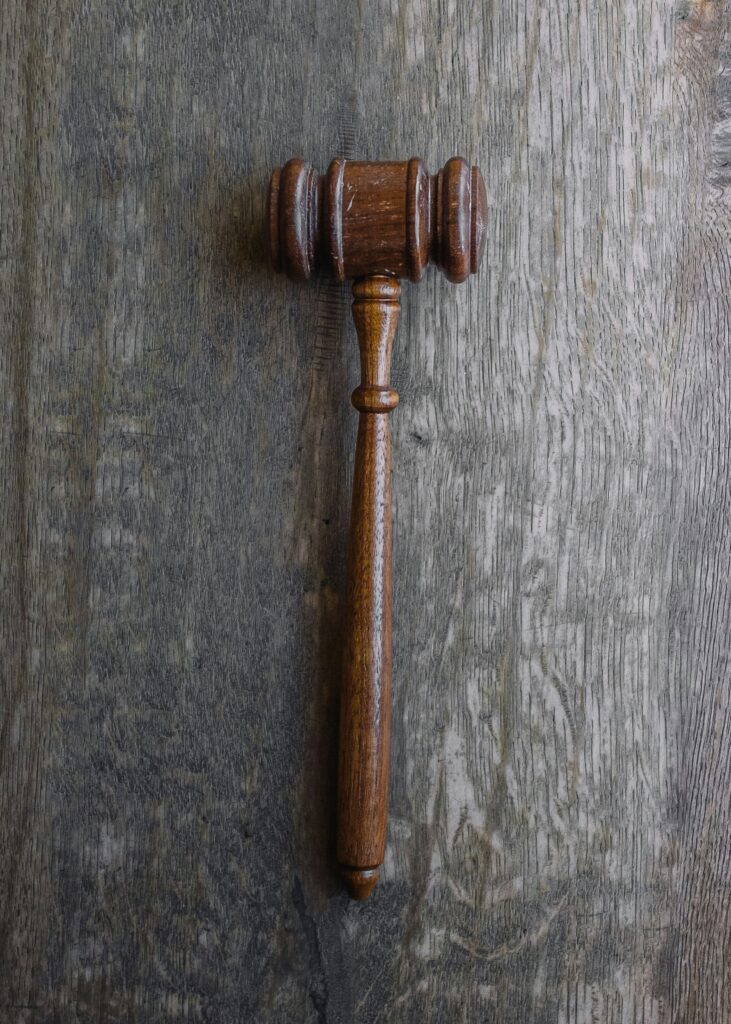South Korea’s impeached president, Yoon Suk-yeol, defended his controversial actions before the Constitutional Court on Tuesday. He denied allegations that he instructed the military to forcibly remove lawmakers, framing his actions as a warning to the opposition rather than a call for violence.
Yoon Rejects Accusations of Military Force Against the National Assembly
Yoon Suk-yeol, South Korea’s conservative leader, declared martial law on December 3, briefly deploying troops to encircle the National Assembly. Lawmakers convened despite the military presence and nullified the decree. Martial law was lifted the following day.
During his court appearance, Yoon refuted testimony from special forces commander Kwak Jong-keun, who alleged that Yoon ordered troops to “break down doors and drag out lawmakers.” Yoon described the accusations as baseless, arguing that obstructing the assembly vote would have triggered public outrage.
“If I had obstructed the vote, I think I wouldn’t have been able to handle the consequences,” Yoon told acting Constitutional Court Chief Justice Moon Hyung-bae.
Yoon denied drafting a memo proposing the formation of an emergency legislative body ahead of his martial law declaration. He claimed his actions were aimed at countering what he called “anti-state forces” within the liberal opposition Democratic Party, which he accused of undermining government operations.
Legal Battles and Broader Consequences
The National Assembly impeached Yoon on December 14, suspending his presidential powers. The Constitutional Court has until June to determine whether Yoon will be permanently removed from office or reinstated. In addition to the impeachment trial, Yoon faces criminal investigations for rebellion and abuse of power. Convictions could result in life imprisonment or the death penalty.
Yoon avoided earlier questioning but was detained on January 15 when police and investigators surrounded his residence. His defence minister, police chief, and other senior officials have also been arrested for their roles in enforcing the martial law decree.
Political Fallout and Public Protests
Yoon’s actions have shaken South Korea’s reputation as a stable democracy. The political crisis has deepened divisions within the country, with opposition parties demanding his removal and supporters staging protests.
Following the approval of an arrest warrant to extend Yoon’s detention, violent clashes broke out near a Seoul district court. Pro-Yoon demonstrators stormed the courthouse, vandalised property, and injured 17 police officers. Authorities detained 46 protesters in connection with the violence.
South Korean presidents typically enjoy immunity while in office, but Yoon’s charges of rebellion and treason fall outside these protections. The court’s ruling will determine not only his political future but also the nation’s ability to recover from this unprecedented crisis.


